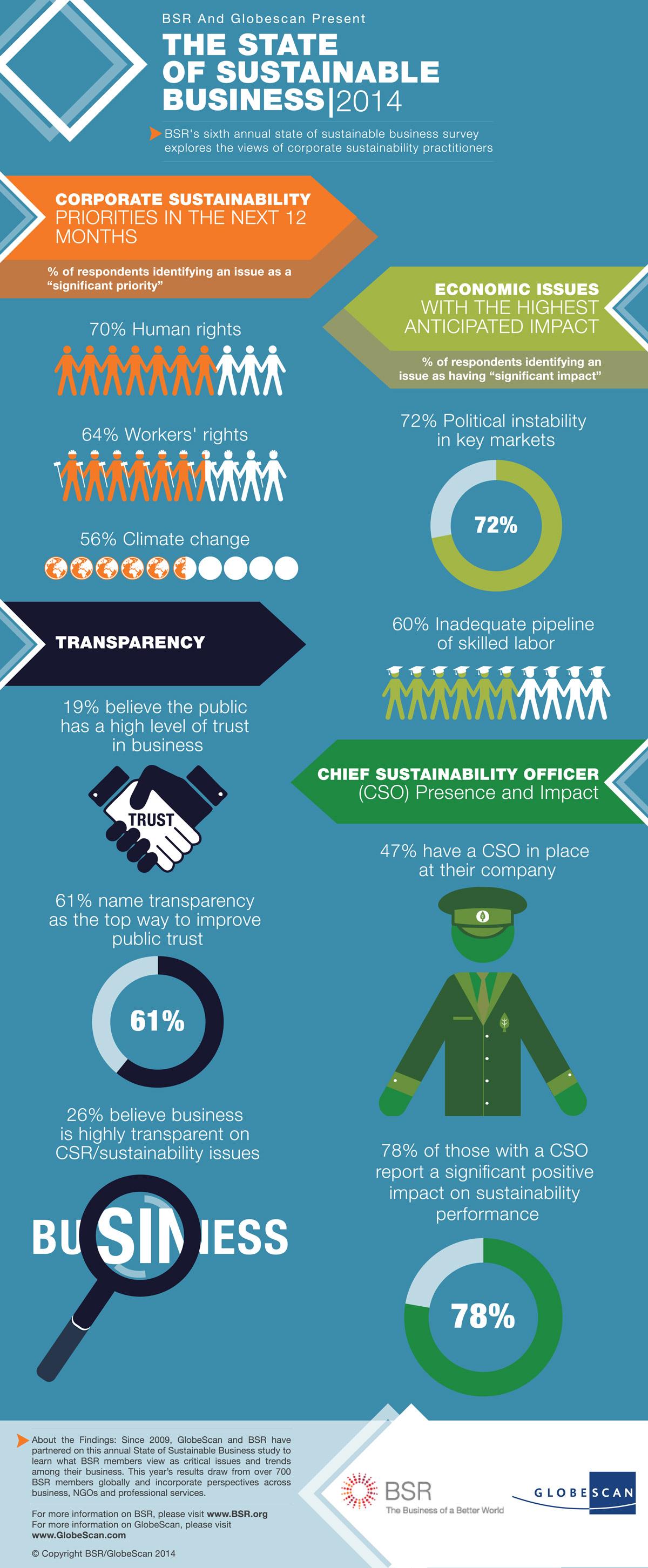
Eco-Friendly Strategies for Success: Sustainable Business Operations
Sustainability has become a cornerstone of modern business practices, with organizations increasingly recognizing the importance of integrating eco-friendly strategies into their operations. Let’s explore how Sustainable Business Operations are not only good for the planet but also contribute to long-term success and resilience.
Strategic Energy Management
One key aspect of sustainable business operations is strategic energy management. Organizations are embracing energy-efficient technologies, implementing renewable energy sources, and optimizing their energy consumption. This not only reduces environmental impact but also leads to cost savings over time, enhancing the overall financial sustainability of the business.
Waste Reduction and Circular Economy Practices
Sustainable business operations prioritize waste reduction and embrace circular economy practices. Companies are reevaluating their supply chains to minimize waste generation, implementing recycling programs, and exploring ways to repurpose or recycle materials. This shift towards a circular economy model promotes resource efficiency and minimizes the environmental footprint of operations.
Green Supply Chain Management
The concept of a green supply chain is gaining prominence in sustainable business operations. Organizations are collaborating with suppliers who adhere to environmentally friendly practices. This includes sourcing raw materials responsibly, reducing transportation emissions, and ensuring ethical labor practices. A green supply chain contributes to a more sustainable and socially responsible business ecosystem.
Eco-Friendly Product Development
Sustainable business operations extend to the products themselves. Companies are increasingly focusing on eco-friendly product development, considering the environmental impact of their offerings. This may involve using sustainable materials, reducing packaging waste, and designing products with a longer lifespan. Eco-friendly products not only attract environmentally conscious consumers but also align with global sustainability goals.
Employee Engagement and Sustainability Training
Building a culture of sustainability within the workforce is integral to sustainable business operations. Organizations are investing in employee engagement programs and sustainability training. This includes educating employees about the environmental impact of their roles, promoting eco-friendly practices in the workplace, and encouraging a collective commitment to sustainability.
Adopting Green Technologies and Innovation
In the era of sustainable business operations, companies are actively adopting green technologies and fostering innovation. From implementing energy-efficient systems to exploring sustainable production methods, organizations are integrating technological advancements that align with environmental goals. This commitment to innovation positions businesses at the forefront of sustainable practices in their industries.
Environmental Reporting and Transparency
Transparency is a key element of sustainable business operations. Companies are adopting environmental reporting practices, sharing their sustainability goals, achievements, and challenges with stakeholders. This transparency not only builds trust with consumers and investors but also holds businesses accountable for their environmental impact, fostering a culture of continuous improvement.
Carbon Offsetting and Climate Action
Taking responsibility for carbon emissions is a crucial aspect of sustainable business operations. Organizations are increasingly engaging in carbon offsetting initiatives, investing in projects that reduce or capture an equivalent amount of carbon dioxide emitted. This commitment to climate action aligns with global efforts to mitigate climate change and demonstrates a proactive approach to environmental responsibility.
Partnerships for Sustainable Impact
Sustainable business operations often involve collaboration and partnerships. Companies are joining forces with environmental organizations, industry peers, and governmental bodies to amplify their impact. These partnerships contribute to shared resources, knowledge exchange, and the development of industry-wide sustainability standards.
Embracing a Triple Bottom Line Approach
A holistic approach to sustainable business operations involves embracing the triple bottom line—considering environmental, social, and economic factors. Companies are recognizing that success goes beyond financial metrics and includes positive contributions to the planet and society. This triple bottom line approach sets the foundation for a resilient and sustainable business model.
Experience Sustainable Business Operations
Explore the world of Sustainable Business Operations here. As businesses increasingly recognize the importance of integrating eco-friendly strategies into their operations, the shift towards sustainability is not just a trend but a strategic imperative for long-term success. By adopting these practices, organizations can create a positive impact on the environment, foster resilience, and position themselves as leaders in a sustainable future.





